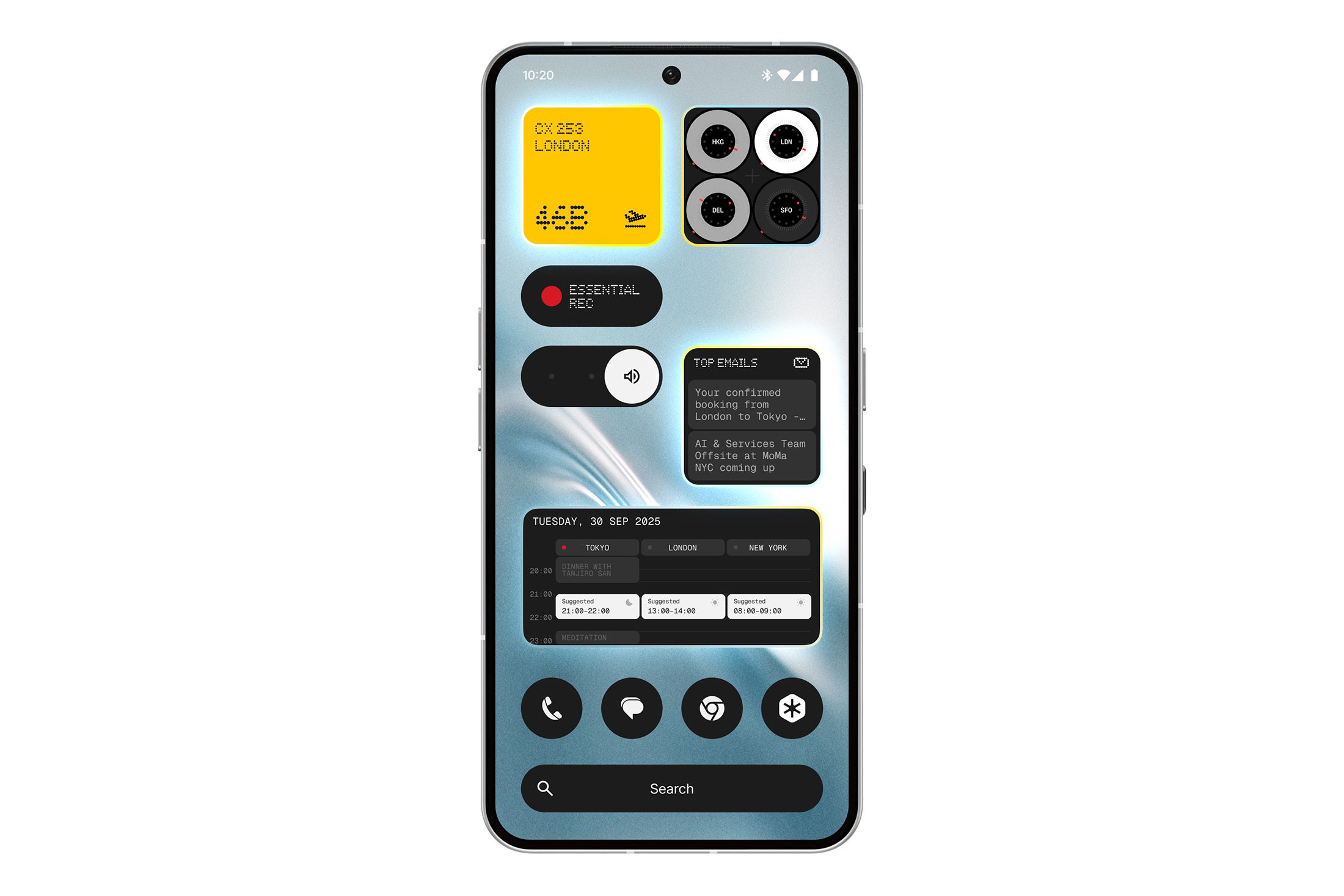Opera has officially launched its AI browser, Neon, but users will need to pay a monthly fee to access its features.
Overview of Opera Neon
Starting today, a limited number of users can begin testing Opera’s innovative AI browser, Neon, for a subscription fee of $19.90 per month. This launch follows the initial announcement made by the Norwegian software company in May, which generated considerable interest but lacked detailed information about the browser’s capabilities and features.
Features of Opera Neon
Opera Neon is being marketed as an “agentic browser,” designed to enhance user productivity through the integration of various AI agents. These agents are specialized to perform specific tasks, allowing users to streamline their online activities. The browser includes two primary AI agents:
- Tasks: This agent serves as a dedicated workspace for specific activities. Users can organize their projects and manage different tasks within this environment, which is particularly useful for those juggling multiple responsibilities.
- Do: This agent is responsible for the actual web browsing within a designated Task. It executes the browsing commands and retrieves information based on user prompts.
In addition to these agents, users can save their prompt instructions into a feature called Cards. This allows for quick access to frequently used commands and simplifies the process of interacting with the AI agents. The combination of these features aims to create a more intuitive and efficient browsing experience.
Limited Rollout and Access
Currently, the rollout of Opera Neon is limited to an unspecified number of users. Those who are not part of this initial group will need to join a waitlist to gain access. This strategy may be a way for Opera to manage the user experience and gather feedback before a broader release. The subscription model also indicates that Opera is positioning Neon as a premium product in a competitive market.
Market Context
The launch of Opera Neon comes at a time when several other AI browsers have entered the market, each vying for user attention. Notable competitors include:
- Perplexity’s Comet Browser: Launched in July, this browser aims to provide users with an AI-driven browsing experience.
- OpenAI’s ChatGPT Agent: This tool was introduced shortly after Comet and leverages OpenAI’s advanced language model to assist users in their browsing tasks.
- Atlassian’s Acquisition of The Browser Company: This month, Atlassian acquired the company behind the Dia browser, indicating a growing interest in AI-driven web solutions.
- Google’s Gemini Features: Google has also released new features for its Chrome browser, integrating AI capabilities to enhance user experience.
These developments highlight a rapidly evolving landscape in the browser market, where traditional browsing experiences are being redefined by AI technology. As more companies invest in AI capabilities, users can expect to see a range of innovative features designed to improve productivity and streamline online interactions.
Implications of AI Browsers
The introduction of AI browsers like Opera Neon raises several important questions and implications for users and the tech industry as a whole. One of the most significant considerations is the impact on user privacy and data security. As AI browsers collect and analyze user data to provide personalized experiences, concerns about how this data is used and protected are paramount.
User Privacy Concerns
With AI technologies becoming more integrated into everyday applications, users may be apprehensive about sharing their data with these systems. The potential for misuse or unauthorized access to personal information is a critical issue that companies must address transparently. Opera, like other companies in this space, will need to establish robust privacy policies and security measures to build trust with its user base.
Impact on Productivity
On the other hand, the potential benefits of AI browsers are substantial. By automating routine tasks and providing intelligent assistance, these browsers can significantly enhance productivity. For professionals who rely heavily on web research and data analysis, the ability to have a dedicated AI agent managing specific tasks could lead to more efficient workflows and better outcomes.
Market Competition and Innovation
The competition among AI browsers is likely to spur innovation as companies strive to differentiate their products. As Opera Neon and its competitors evolve, users can expect to see continuous improvements in functionality, user interface design, and overall performance. This competitive environment may also lead to more affordable pricing models, making AI browsing accessible to a broader audience.
Stakeholder Reactions
The launch of Opera Neon has elicited a range of reactions from stakeholders in the tech industry. Analysts and industry experts are closely monitoring the performance of this new browser, particularly in light of its subscription model. Some view this as a bold move, while others express skepticism about whether users will be willing to pay for a browsing experience that may not yet be fully proven.
Expert Opinions
Experts in the field of technology and user experience have noted that while the features of Opera Neon are promising, the success of the browser will ultimately depend on user adoption and satisfaction. If users find value in the AI-driven capabilities and experience tangible improvements in their browsing tasks, the subscription model may prove to be a viable business strategy.
User Feedback
As the initial users begin to explore Opera Neon, their feedback will be crucial in shaping the future of the browser. Early adopters will likely share their experiences on social media and technology forums, providing valuable insights into the strengths and weaknesses of the product. Opera will need to be responsive to this feedback, making necessary adjustments and improvements to enhance user experience.
Future Prospects
Looking ahead, the future of Opera Neon and AI browsers in general appears to be filled with potential. As technology continues to advance, we can expect further integration of AI capabilities into web browsing. This may include more sophisticated natural language processing, enhanced personalization features, and even greater automation of routine tasks.
Potential for Expansion
Opera may also consider expanding its offerings beyond the current subscription model. As user demand grows, the company could explore additional pricing tiers or even a freemium model that allows users to access basic features for free while offering premium capabilities at a cost. This approach could help attract a wider audience and encourage more users to try the browser.
Collaboration and Partnerships
Furthermore, collaborations with other tech companies could enhance the capabilities of Opera Neon. By integrating with popular productivity tools or platforms, Opera could create a more seamless user experience that appeals to professionals and casual users alike. Such partnerships could also provide additional resources for marketing and user acquisition.
Conclusion
The launch of Opera Neon marks a significant step in the evolution of web browsers, as AI technology continues to reshape how users interact with the internet. While the subscription model may present challenges in terms of user adoption, the innovative features offered by Neon could provide compelling reasons for users to invest in this new browsing experience. As the market for AI browsers grows, Opera will need to remain agile and responsive to user needs to ensure its place in this competitive landscape.
Source: Original report
Was this helpful?
Last Modified: September 30, 2025 at 4:37 pm
1 views















